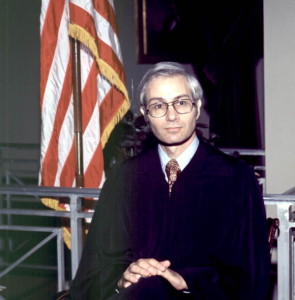Is Good Friday a Court Holiday? It Depends
Today an attorney asked me to confirm whether his deadline was really today under the rules, or if the deadline rolled to Monday. And I told him what I am telling you: it depends! What court are you in? As I’ve explained before, Florida Rule of Judicial Administration Rule 2.514 clarifies what constitutes a legal holiday, and defines holidays as:
(A) the day set aside by section 110.117, Florida Statutes, for observing New Year’s Day, Martin Luther King Jr.’s Birthday, Memorial Day, Independence Day, Labor Day, Veterans’ Day, Thanksgiving Day, the Friday after Thanksgiving Day, or Christmas Day; and
(B) any day observed as a holiday by the clerk’s office or as designated by the chief judge.
Good Friday is not on the enumerated list. But it happens to be observed as a holiday by many, if not most, of the courts in this state, including the First DCA (First DCA [.pdf]), Second DCA, Third DCA, Fourth DCA, Fifth DCA, and Florida Supreme Court [.pdf]. So if you have an appellate deadline calculated for Good Friday, Happy Easter! It’s due Monday instead. And if your deadline is in the trial court, I recommend checking the clerk’s website and putting a copy of the order in your records in case timeliness becomes an issue down the road on appeal.


